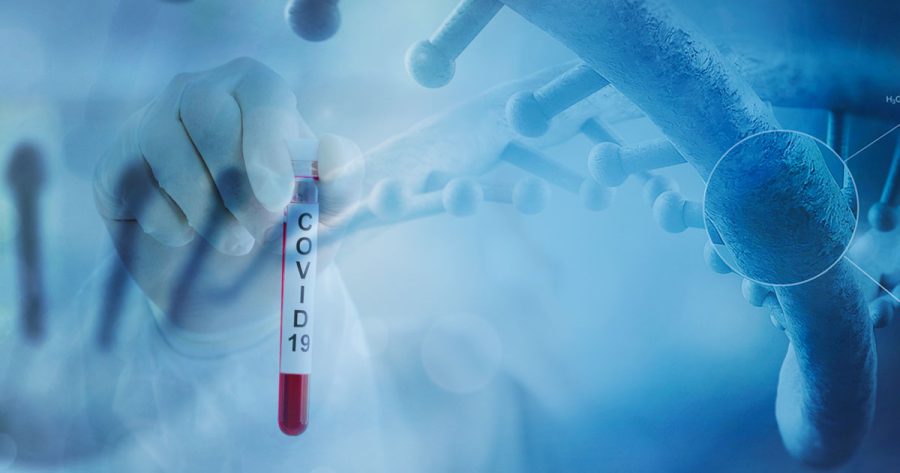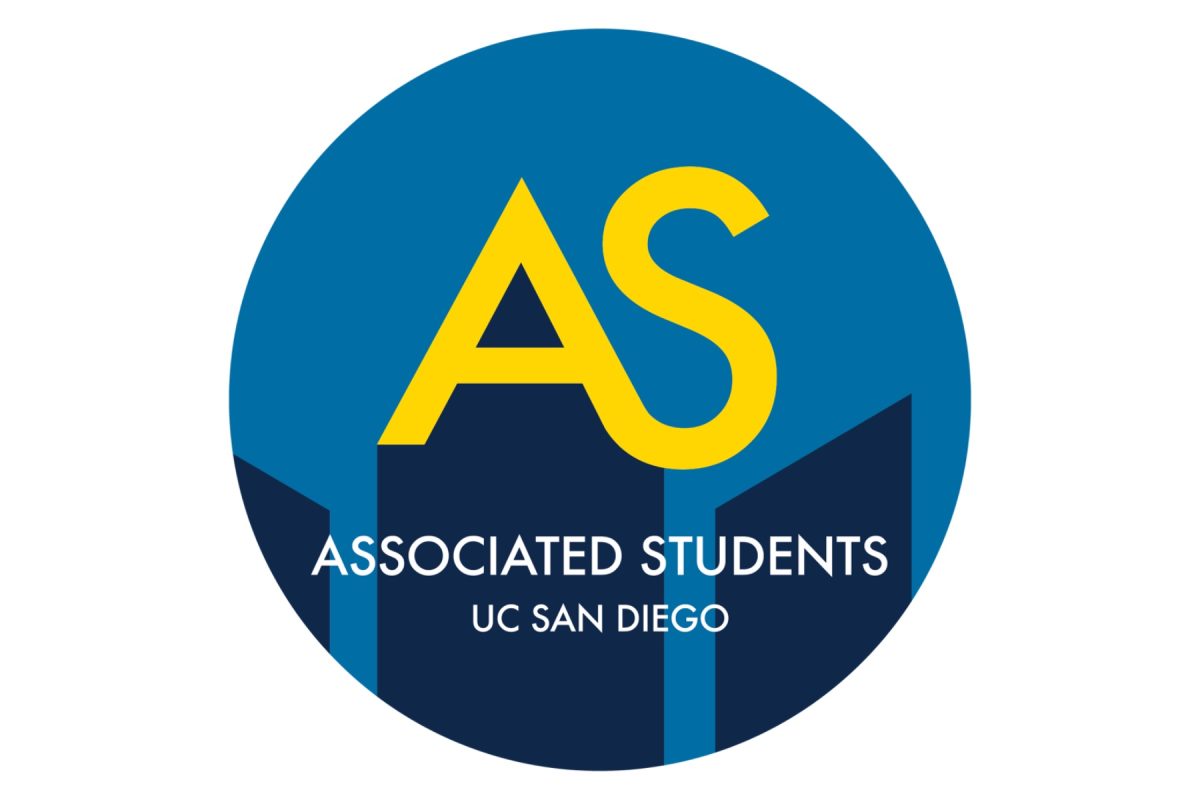Researchers at UC San Diego’s Jacobs Medical Center and from John Hopkins University are looking for additional participants for their clinical study that aims to test the effectiveness of a century-old treatment to slow the spread of the coronavirus. Convalescent plasma is now being injected into participants who have been exposed to but have not tested positive for the disease, yielding favorable results.
The specific type of trial being enacted here is called a post-exposure prophylaxis (PEP) clinical trial, where recipients receive medicine after a possible exposure to a pathogen as soon as possible.
PEP trials don’t study a medicine’s proficiency at treating a disease, but the prevention of its transmission. To weigh the effectiveness of the medicine against a control group, around half of the recipients are unknowingly given placebos to see if they contract or successfully dodge the disease.
The UCSD researchers are following in the footsteps of a study conducted by the Mayo Clinic, where the large implementation was not to demonstrate efficacy but rather ensure that blood plasma treatment is safe and scalable.
Dr. Edward Cachay, an infectious disease specialist and Professor of Medicine at UC San Diego elaborated on these findings in an interview with The UCSD Guardian.
“The post-exposure prophylaxis aims at one key principle … it wants to give the plasma to an individual who has a high-risk exposure to someone who is already living with COVID-19,” Cachay says.
The injection is derived from donated blood from people who have recovered from the virus at least four to six weeks prior. Once the plasma is separated from the blood, researchers are able to inject this concoction of primed antibodies into high-risk individuals. These include people who are regularly exposed to the coronavirus at their job in healthcare, other essential frontline workers, and those people living in the same household.
Dr. Cachay and his colleagues need to gain more participation in this clinical trial to ensure this treatment works and can be approved and administered to frontline workers as soon as possible until a coronavirus vaccine becomes available.
Cachay told the UCSD Guardian about one couple who recently benefited from a convalescent plasma treatment.
“The husband tested positive for COVID-19, the wife received a heart transplant in April … The chances that this person will become ill are high. Are we going to wait and wiggle our fingers and say ‘Well let’s hope this person doesn’t get a complicated disease?’”
Cachay states that this is exactly why we need an accessible PEP for the coronavirus, as the wife never contracted the virus after receiving an injection of convalescent plasma.
“This is not to replace a vaccine, it is an important bridge until we get a vaccine,” Cachay emphasizes.
Enrollment numbers within the trial have not been as high as they could be due to the stigma surrounding blood transfusion or a lack of information on how to get involved. To ensure that convalescent blood plasma becomes viable to administer widely in the future, Dr. Cachay stated that it is imperative that more adults opt-in to participate within the study, with anyone who has been exposed within the past 72–96 hours benefiting greatly from the treatment.
“We have the opportunity in our hands to provide legacy, not only for this pandemia but for future diseases that could affect us,” states Cachay. “I think that is where we need the participation from the community to support. I cannot tell you ‘Oh yes, this will work 100 percent for sure,’ but this is the reason we are doing this study.”
Any interested adult wishing to participate can contact the research study coordinator Brandon Palugod through his Cell # 619-537-9426 and Dr. Edward Cachay through his email address [email protected]. Interested parties can also check if they are eligible to participate by looking at https://covid-plasmastudies.com.
Image provided by Adobe Stock.















Mary Ruiz • Nov 9, 2020 at 6:28 pm
Very interesting article full of hope. It couldn’t hurt to share this article with the San Diego Union-Tribune to help get the needed volunteers for this worthy trial.
Mary Ruiz
Ron Ruiz • Nov 9, 2020 at 9:57 am
Interesting, great article! I
commend the University working hard to help with this pandemic.